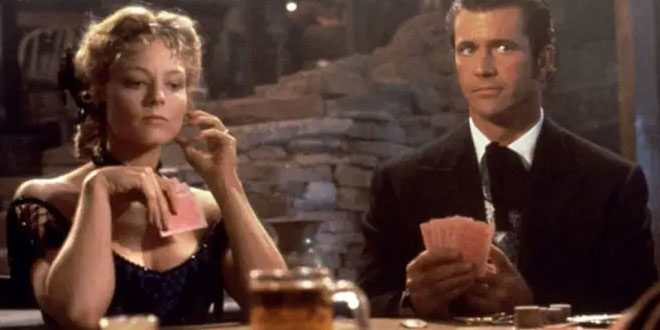Poker’s meteoric rise to popularity in Las Vegas’s major casinos has been a phenomenon since the 1990s. This card game, available in numerous exciting variations, continues to draw millions of fans to the gambling capital year after year. Primarily featured in tournament formats, poker represents a colossal segment of the gaming industry, generating substantial revenue.
The origins of poker, shrouded in mystery, have evolved over time, turning this 52-card game into a cultural sensation. Fusing elements of chance, skill, and unique player dynamics, poker has firmly established its place in the world’s largest casino complexes.

During big tournaments, poker takes center stage in legendary venues, including opulent palaces and massive exhibition centers capable of hosting thousands. Across the USA, as well as in major cities in England, Canada, and Europe, poker tournaments offer participants the opportunity to compete for staggering cash prizes.
Poker’s Origins
Unlike other card games, poker’s exact origins remain elusive. Various theories abound regarding its inception, each attributing different inspirations. Some trace it back to a Persian game called As Nas, renowned for its elements of bluffing and betting, while others believe it evolved from the French game Poque, where players wagered on the best hand. Elements of both As Nas and Poque likely made their way to the New World and merged into the earliest versions of poker we recognize today.
The Advent of the 52-Card Game
Initially played with just 20 cards during the 19th century, poker gained new life when the 52-card deck from France became widely adopted. This transformation made the game more appealing, leading to the gradual development of poker variations worldwide.
Texas Hold’em Takes the Crown
Although Stud Poker and Draw Poker initially dominated the scene, Texas Hold’em emerged as the standard of poker in the early 1900s. Its ascent to global popularity occurred during the 1960s and 1970s, thanks to high-stakes tournaments in Las Vegas, where television coverage captivated audiences and firmly established Texas Hold’em as one of the world’s most played card games.
American Poker
While poker’s roots are primarily European, it has undeniably become an integral part of American culture. Introduced by French settlers in Louisiana during the 1800s, poker proliferated across the expanding American frontier, often played illicitly in saloons by whiskey-fueled men. These games sometimes turned perilous, involving fixed matches that could result in bloodshed.

Wars and Cinema
The proliferation of poker in 20th-century America received an unexpected boost from U.S. soldiers during their deployments in both World Wars, who passed the time with poker games. The 1950s and 1960s saw poker depicted in classic films, where men engaged in high-stakes battles at the gaming table.
Modern Poker Industry
In 1970, a significant milestone was reached with the establishment of the World Series of Poker (WSOP) in Las Vegas, solidifying poker’s popularity.
The 2000s witnessed the expansion of online poker sites and global tournament organization. With prestigious tournaments offering entry prizes of $10,000, many online players tried their luck. In 2003, an amateur player named Chris Moneymaker won the WSOP main event after qualifying on PokerStars.com, creating a global sensation.
The Internet era revolutionized access to poker, fueling the online gambling industry. Leading the way is PokerStars, offering a comprehensive range of games, including slot machines, blackjack, and roulette, in addition to poker. Betting on sporting events is also an option.
Online Game Offerings
Poker sites, whether catering to the UK or the international market, offer a wide variety of games. Much like the grand casinos of Las Vegas, UK online casinos provide hundreds of different games to players.
Poker’s Ever-Evolving Nature
Poker’s popularity has continued to surge over time. Originally played in small groups or against opponents at intimate tables, it has now transformed into massive tournaments where thousands compete for championship titles. The most prominent poker events are televised, captivating audiences and further cementing poker’s place as an exciting and beloved pastime.
Blackjack and Video Poker
While poker takes the spotlight, other card games like blackjack and video poker, using the same 52-card deck, are also hugely popular. These games, often found in electronic format in London casinos, have garnered their own dedicated following. Distinct from poker, blackjack, and video poker are played against the house and offer chances for monetary gains, albeit without the allure of massive jackpots.
